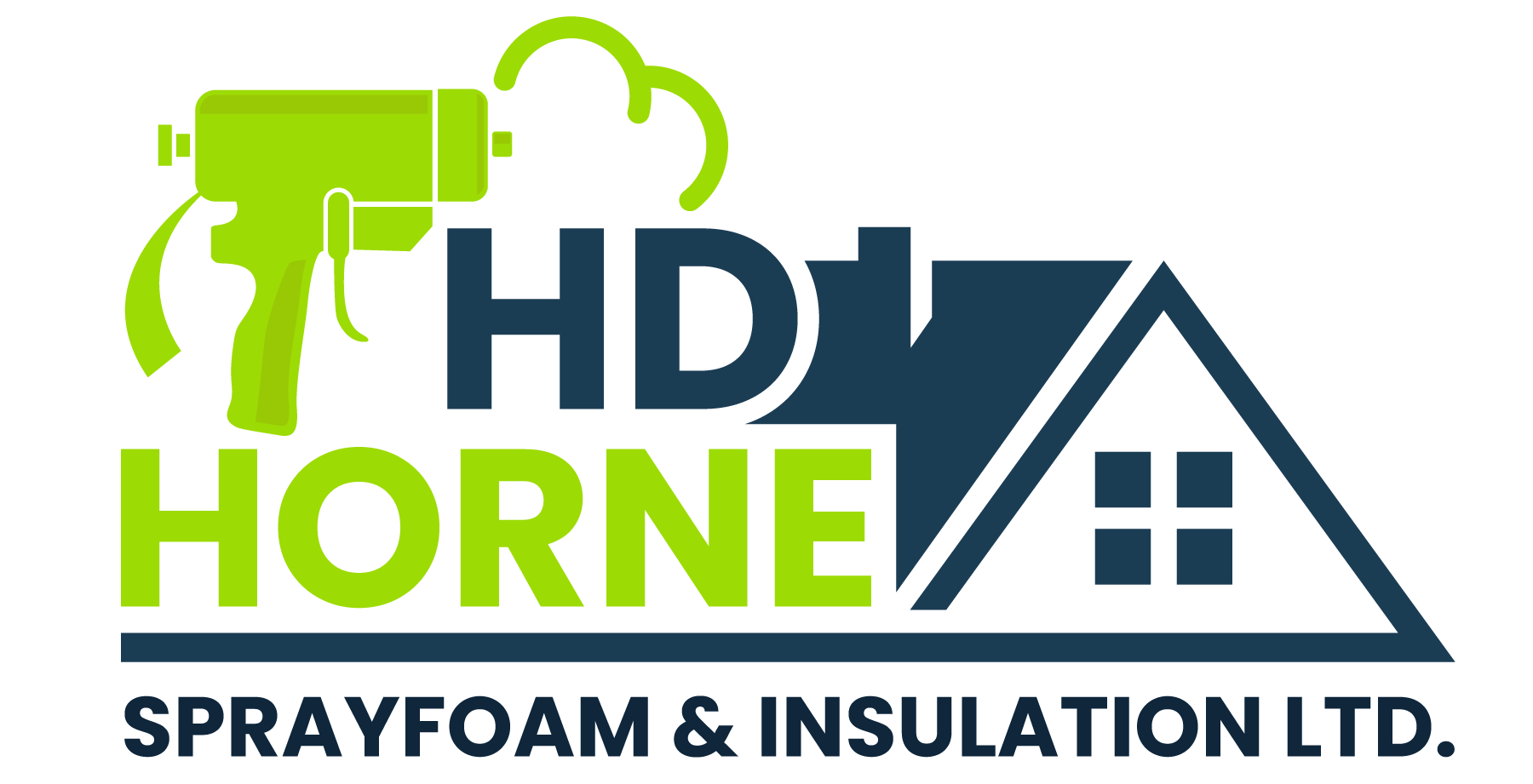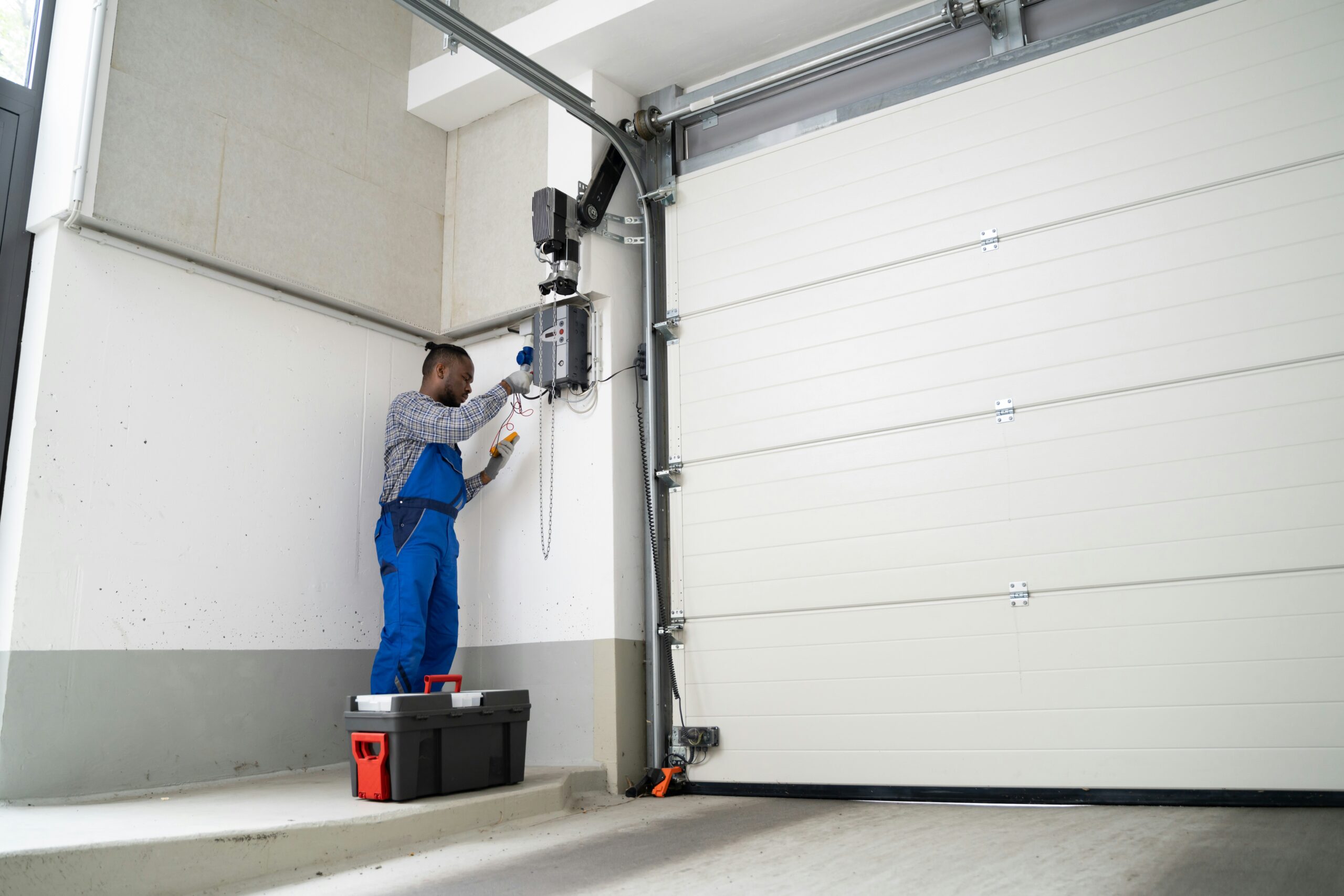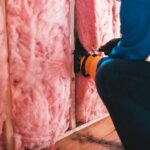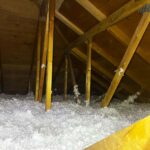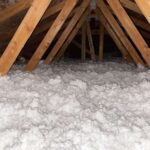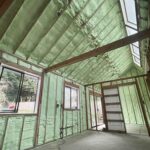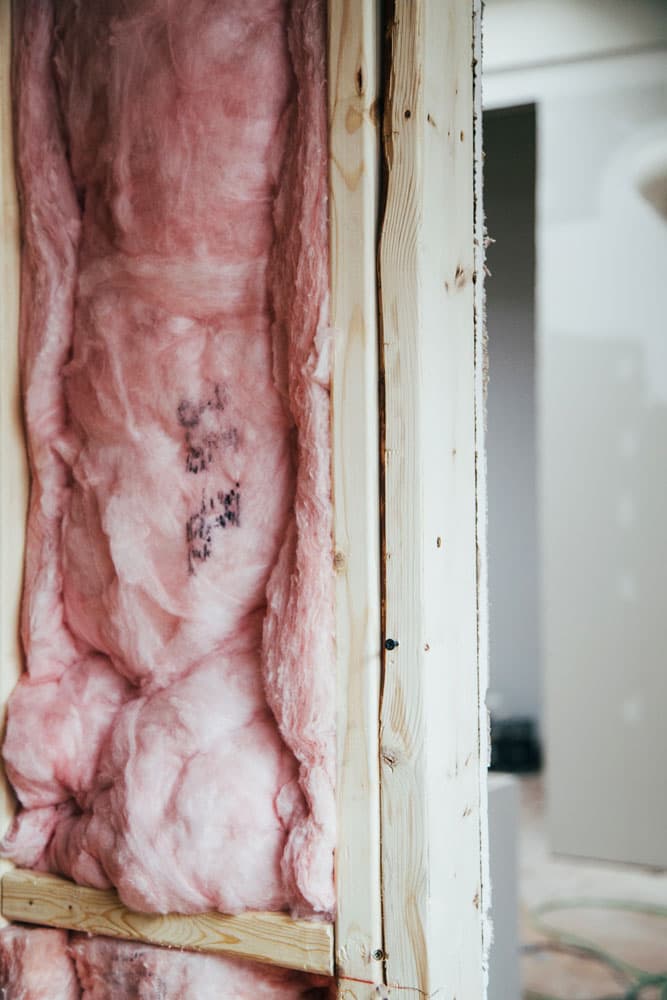Your garage isn’t just a place to park your car! Proper insulation in your garage can make it more comfortable, energy-efficient, and versatile. Here, we’ll explore the types of garage insulation you should consider and other essential things you need to know.
Types of Garage Insulation
Fiberglass Insulation: This is a popular and cost-effective choice. However, fiberglass insulation can be less effective if not correctly sealed, allowing air leakage.
Foam Board Insulation: Rigid foam board insulation provides excellent thermal resistance and is moisture-resistant, making it a good choice for garages.
Spray Foam Insulation: Spray foam is the way to go if you want the best insulation performance. It creates an airtight seal, preventing drafts and reducing energy costs.
Reflective Insulation: This type of insulation reflects heat rather than absorbing it. It’s typically used in hot climates to keep the garage cooler. Reflective insulation is often installed on the garage door.
Benefits of Garage Insulation
Temperature Control: Insulating your garage helps regulate the temperature.
Energy Efficiency: A well-insulated garage can reduce energy bills, especially if the garage is attached to your home.
Noise Reduction: Insulation can help dampen sounds from power tools, vehicles, and other activities in the garage.
Protection: Insulation can help protect your belongings in the garage from temperature extremes and moisture.
Things to Consider About Garage Insulation
Garage Door Insulation: Insulating your garage door can significantly affect temperature control. Many garage doors have insulation options, or you can add insulation panels.
Ventilation: Proper ventilation is key to prevent moisture buildup and boost air quality in your garage. Consider adding vents or an exhaust fan.
Professional Installation: While some garage insulation can be a DIY project, it’s often best to consult with a professional, especially when using spray foam insulation—it requires special equipment and expertise.
Local Climate: Consider your local climate when choosing insulation materials. For example, if you live in a cold or damp environment, you’ll want higher R-value insulation to keep the garage warm and dry.
Building Codes: Check local building codes and regulations regarding garage insulation.
Wrapping Up: Garage Insulation Basics
Call insulation professionals like HD Horne Spray Foam and Insulation today to determine the best insulation solution for your garage.
